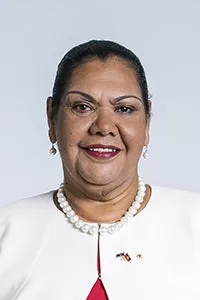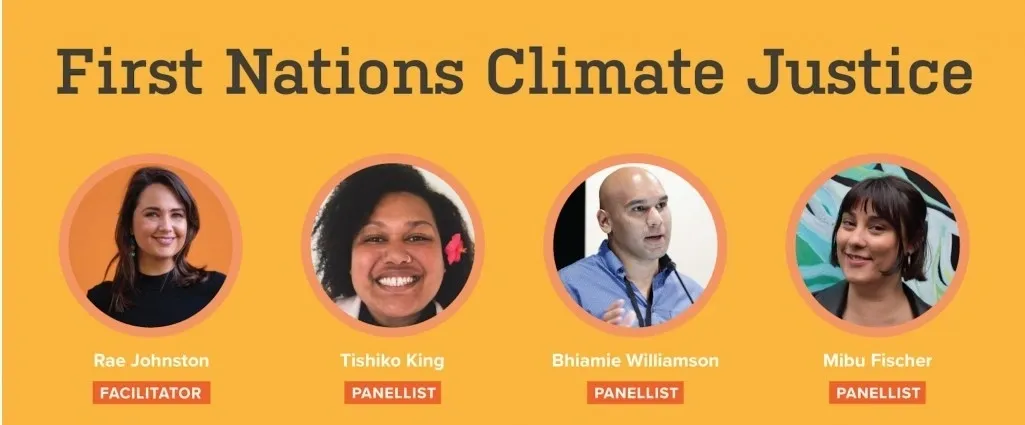
Aboriginal and Torres Strait Islander Social Justice Commissioner, June Oscar AO, has written an opinion piece for The Australian for NAIDOC Week.
Commissioner Oscar spoke about this year’s theme, ‘Heal Country!,’ and the need for a national response to supporting First Nations communities to live on country.
“At the beginning of the pandemic, in the rush to get our peoples home, already dangerously overcrowded communities struggled to accommodate the influx,” Commissioner Oscar said.
“Tents sprang up. Our peoples returning to community were largely experiencing homelessness and poverty—their lives on the margins a direct result of the fact there has never been enough housing, not in cities, towns, communities or anywhere,” states Commissioner Oscar.
“The reason we continue to live in vulnerable and unacceptable conditions is because there is no national plan to enable our people to live on or easily access our lands,” she said.
Covid-19 has triggered the most significant return to country by First Nations people since the homeland movement commenced in the 1960s, she said.
“Thousands, like myself, returned to remote communities out of necessity. Facing the unknown, our family leaders who could made the courageous decision to gather loved ones and travel out to country, with minimal resources.
“Importantly, Australian governments enacted emergency responses to help get us back – recognising, finally, that our communities and homelands are places of refuge.
“Nourished by the land – the ancestral stories of ecological interconnectivity, bush medicines and seasonal foods – we had control and security.
“Many of us continued to work remotely, while starting to see the enriching possibilities of engaging in culture and growing these economies.
“There is huge depth to the significance of our relationship with country, for our peoples living everywhere across the urban and remote.
“Words can barely capture this reunion of human and non-human, other than “the country is healing and so are we”.
“I felt some of the spirit of 1967, when the homelands movement grew in strength as the commonwealth embraced Indigenous self-determination and turned its back on an ugly history of state control and the dispossession of our peoples.
“Communities such as Yirrkala, Kalkarindji and Daguragu, Papunya and Noonkanbah – to name just a handful – have become centres of political movements, ingenuity and creativity.
“Our communities have produced scientists, environmentalists, Olympic athletes, globally renowned artists, politicians and Social Justice Commissioners.
“The reason we continue to live in vulnerable and unacceptable conditions is because there is no national plan to enable our people to live on or easily access our lands.
“In 2014, with commonwealth funding cuts, the West Australian government announced it would close more than half the remote communities in the state. The state government said it couldn’t shoulder the costs and has maintained this position.
“Since the commonwealth withdrew from remote municipal service provision, the state government has stopped asset upgrades to half of the 143 remote communities on its books.
“This is not unique to WA. In 2018 the commonwealth’s remote housing agreement with the states came to an end, with only an exit payment, and nothing else arranged for WA, South Australia and Queensland.
“It shows the disregard of governments at all levels to invest effectively in the places where we live.
“The real cost of the commonwealth walking away from these agreements, and all governments failing to respond to our needs, is entrenched human suffering, abuse and a deep scarring of this land.
“Enough is enough. The urgency of these issues demands immediate action by the commonwealth in partnership with all Australian governments and most importantly with First Nations peoples.”
Published in full in The Australian


